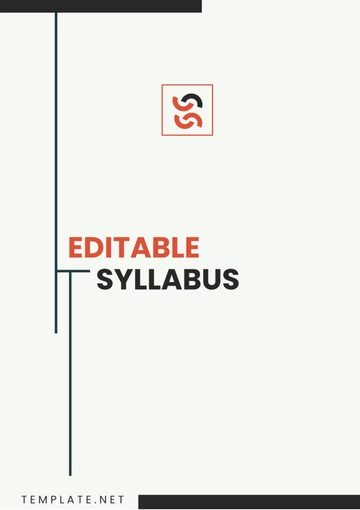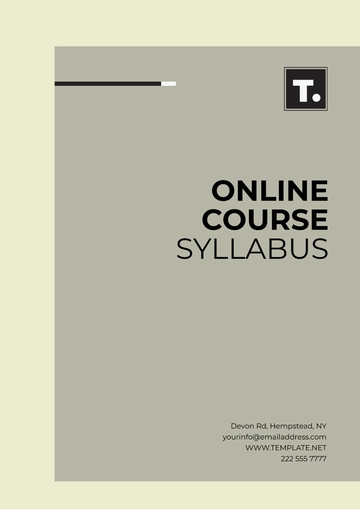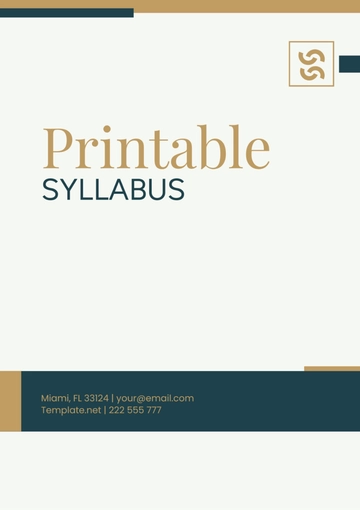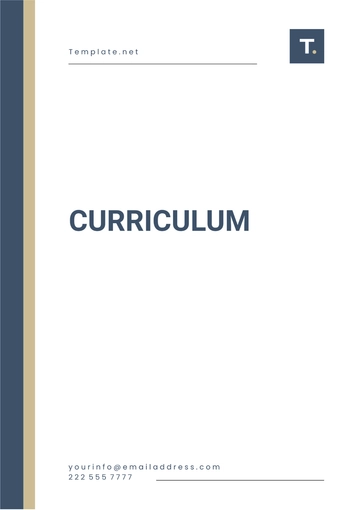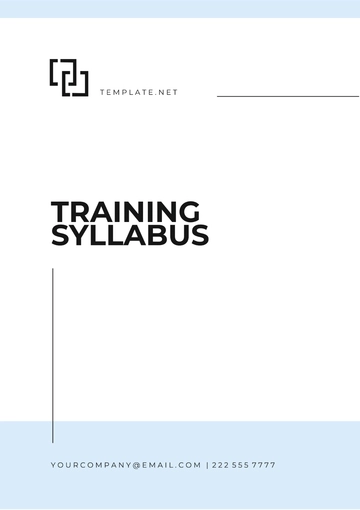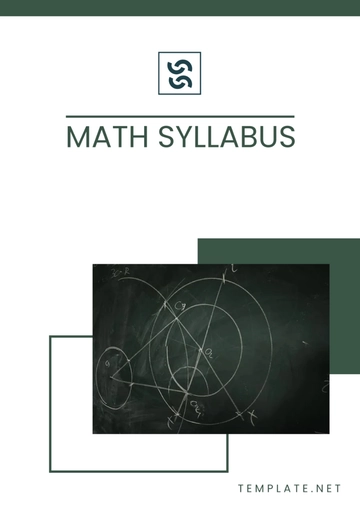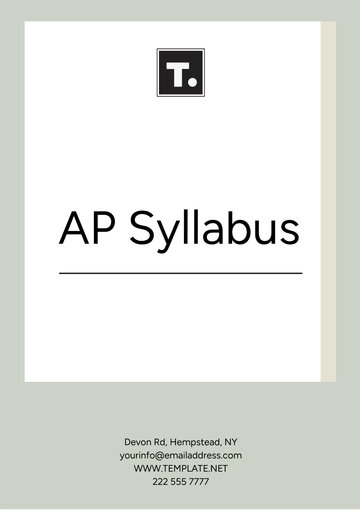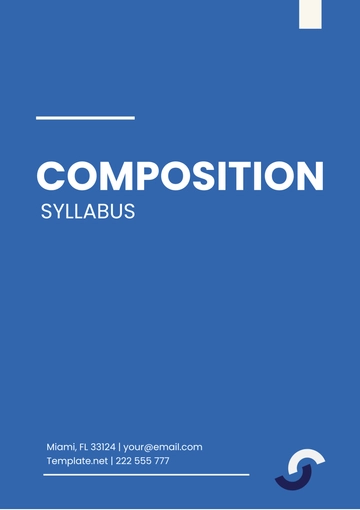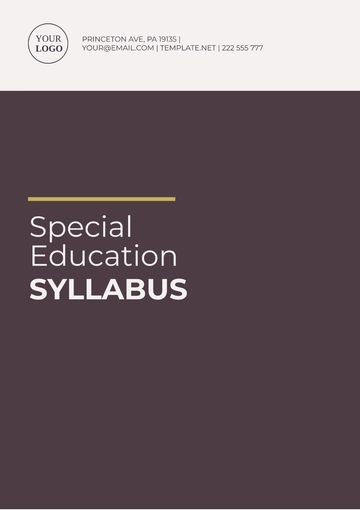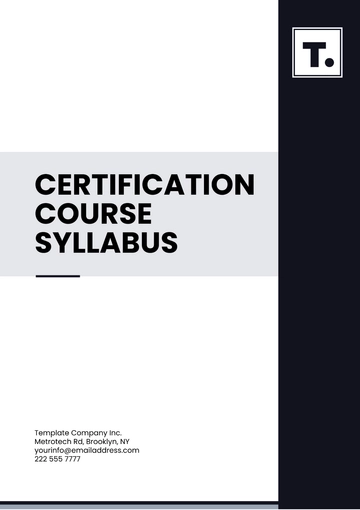Environmental Law Syllabus
Environmental Law Course
Course Title | [COURSE TITLE] |
Course Code | [COURSE CODE] |
Instructor Name | [YOUR NAME] |
Email | [YOUR EMAIL] |
Office Hours | [OFFICE HOURS] |
1. Course Description
This foundational course in Environmental Law provides a broad overview of international and national environmental laws, regulations, and case trends. It combines theory and practice by integrating contemporary case studies with the primary aim to offer first-hand insights into the critical issues in environmental legislation.
2. Instructor Information
Name: [YOUR NAME]
Organization: [YOUR COMPANY NAME]
Contact: [YOUR EMAIL]
3. Learning Objectives
To familiarize students with environmental laws and regulations at international and national levels.
To examine the application of environmental law within various sectors.
To critically analyze and interpret landmark environmental case studies.
To develop critical thinking and problem-solving skills in environmental law context.
To foster an appreciation for the role of law in sustainable environmental management.
4. Course Schedule
Week | Topic | Subtopic | Reading Assignment |
|---|
1 | Introduction to Environmental Laws | Overview of environmental laws | |
2 | International Environmental Agreements | Paris Agreement | |
3 | National Environmental Policy Act (NEPA) | Purpose and Scope | |
4 | Clean Air Act | Air Quality Standards | |
5 | Endangered Species Act | Species Protection | |
5. Required Reading and Materials
Sands, P., & Peel, J. (2012). Principles of International Environmental Law.
Hunter, D., & Salzman, J. (2015). International Environmental Law and Policy.
Environmental Law Regulations Handbook
Environmental Case Law Compendium
Internet Access for latest Environmental Acts and Amendments
6. Assignments and Assessments
Weekly foundation readings and response papers.
Mid-term examination
Final case study analysis and presentation
Group project on environmental regulation analysis.
Final written examination
7. Course Policy
Attendance is mandatory for all classes and group discussions.
Plagiarism is strictly prohibited and will lead to immediate dismissal from the course.
Assignments are to be submitted by the set due dates.
Respectful and meaningful participation is expected in all course activities.
Notification of any disability and requirement of specific learning aids should be given at the start of the course.
8. Grading Policy
Criteria | Percentage |
|---|
Participation | 10% |
Weekly Response Papers | 20% |
Mid-Term Examination | 20% |
Case Study Analysis Presentation | 20% |
Group Project | 20% |
Final Written Examination | 10% |
Total | 100% |
Disclaimer
The instructor maintains and holds the right to make modifications to the syllabus and the schedule of the course if they deem it necessary for any reason. In the case of any alterations happening, such changes will be immediately and efficiently communicated to all enrolled students to ensure they are aware and informed of these updates.
Syllabus Templates @ Template.net


